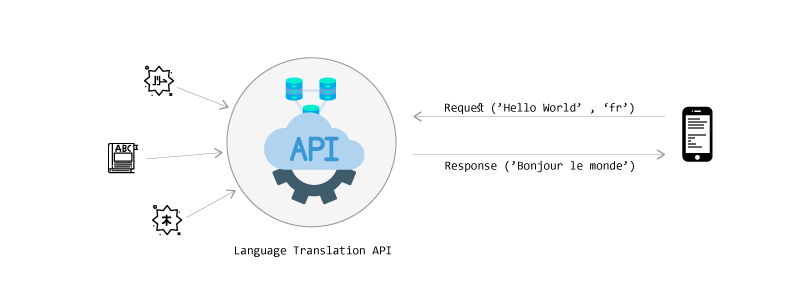
Why Rest APIs are the future
REST API
A REST API (also known as RESTful API) is an application programming interface (API or web API) that conforms to the constraints of REST architectural style and allows for interaction with RESTful web services. REST stands for representational state transfer and was created by computer scientist Roy Fielding.
It will stay for a long period from now! As AWS/AZURE/GC all of them offers cloud computing over REST API you can make note that REST API is going to stay for a long period. If you want to develop any mobile APP then also you need API to expose back-end functionality. So API or more precisely REST API is going to stay for a long period of time! I cannot see any new architecture replacing server-client model of software development. If any new architecture which can promise more than client-server software development then you can imagine new software development model and that can have a better form than REST. But in near future the threat is almost none to REST!
Advantages
One of the key advantages of REST APIs is that they provide a great deal of flexibility. Data is not tied to resources or methods, so REST can handle multiple types of calls, return different data formats and even change structurally with the correct implementation of hypermedia.
REST is a better choice for simple, CRUD-oriented services, because of the way REST repurposes HTTP methods (GET, POST, PUT, and DELETE). It is also popular because it's lightweight and has a smaller learning curve.
- Client-server architecture: the interface is separated from the backend and data storage. This allows for flexibility, and for different components to evolve independent of each other.
- Statelessness: no client context is stored on the server between requests.
- Cacheability : clients can cache responses, so a REST API response must explicitly state whether it can be cached or not.
- Layered system: the API will work whether it is communicating directly with a server, or through an intermediary such as a load balancer.

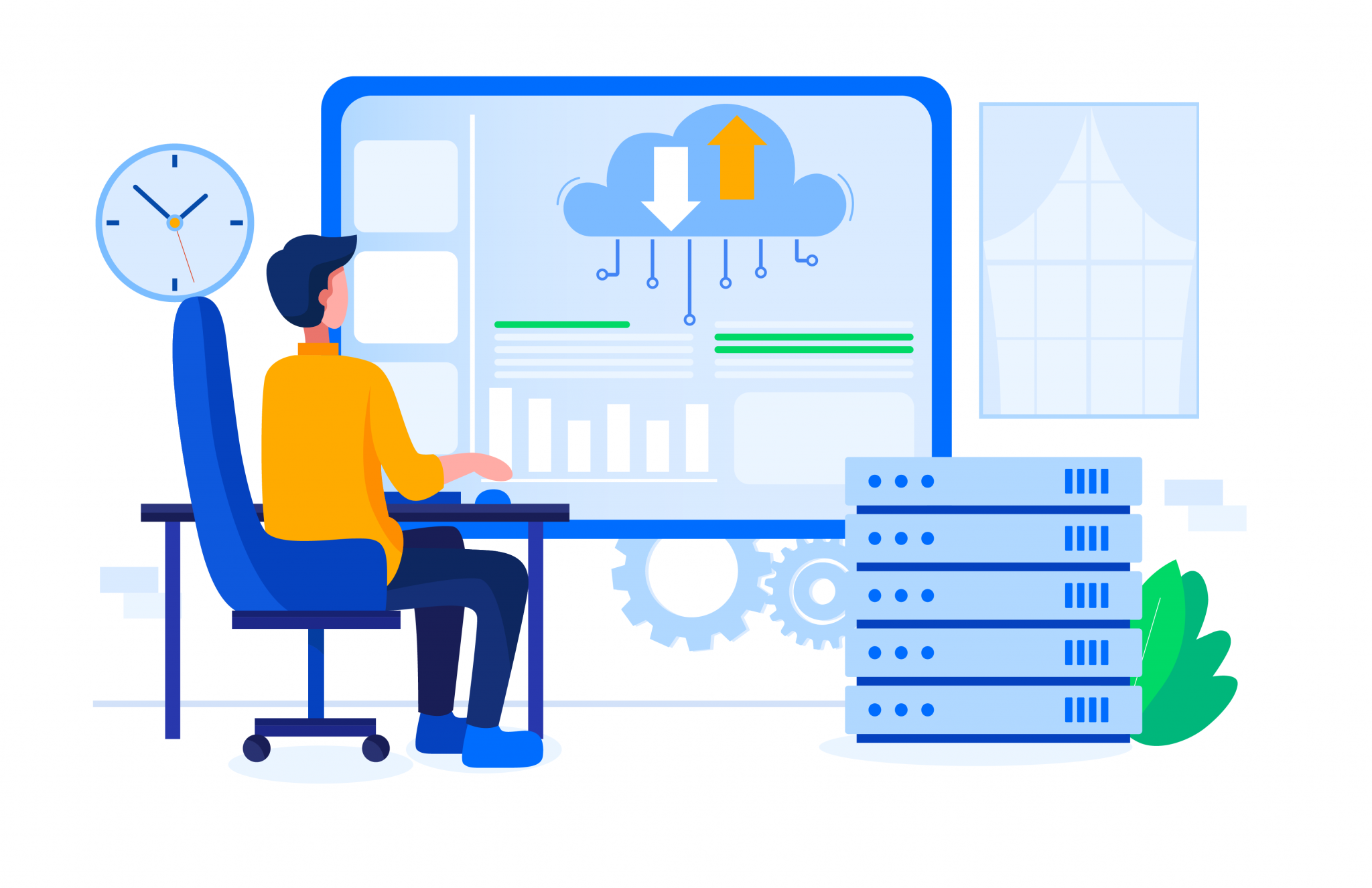
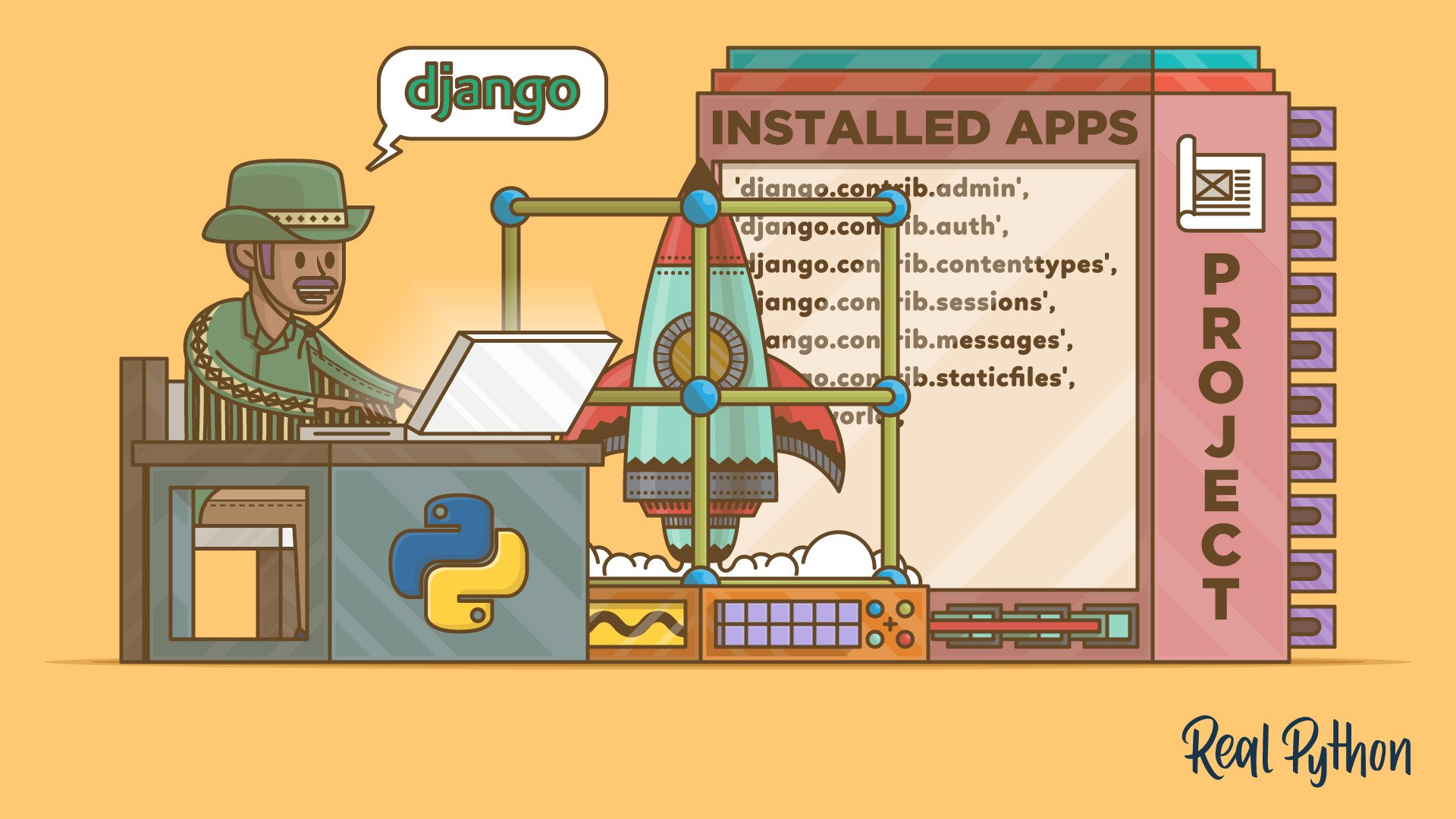

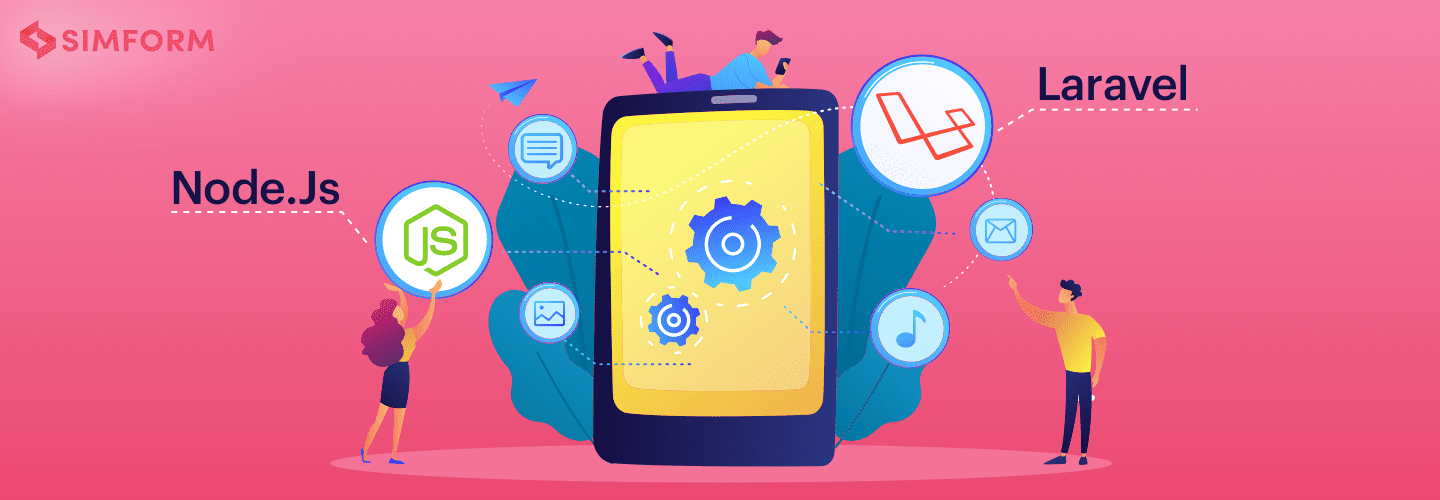
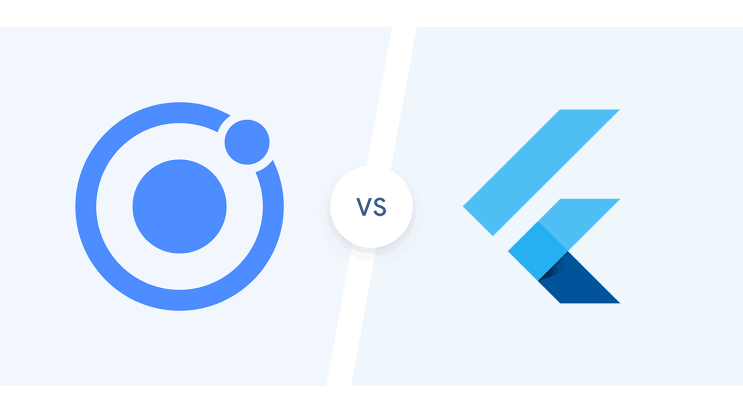

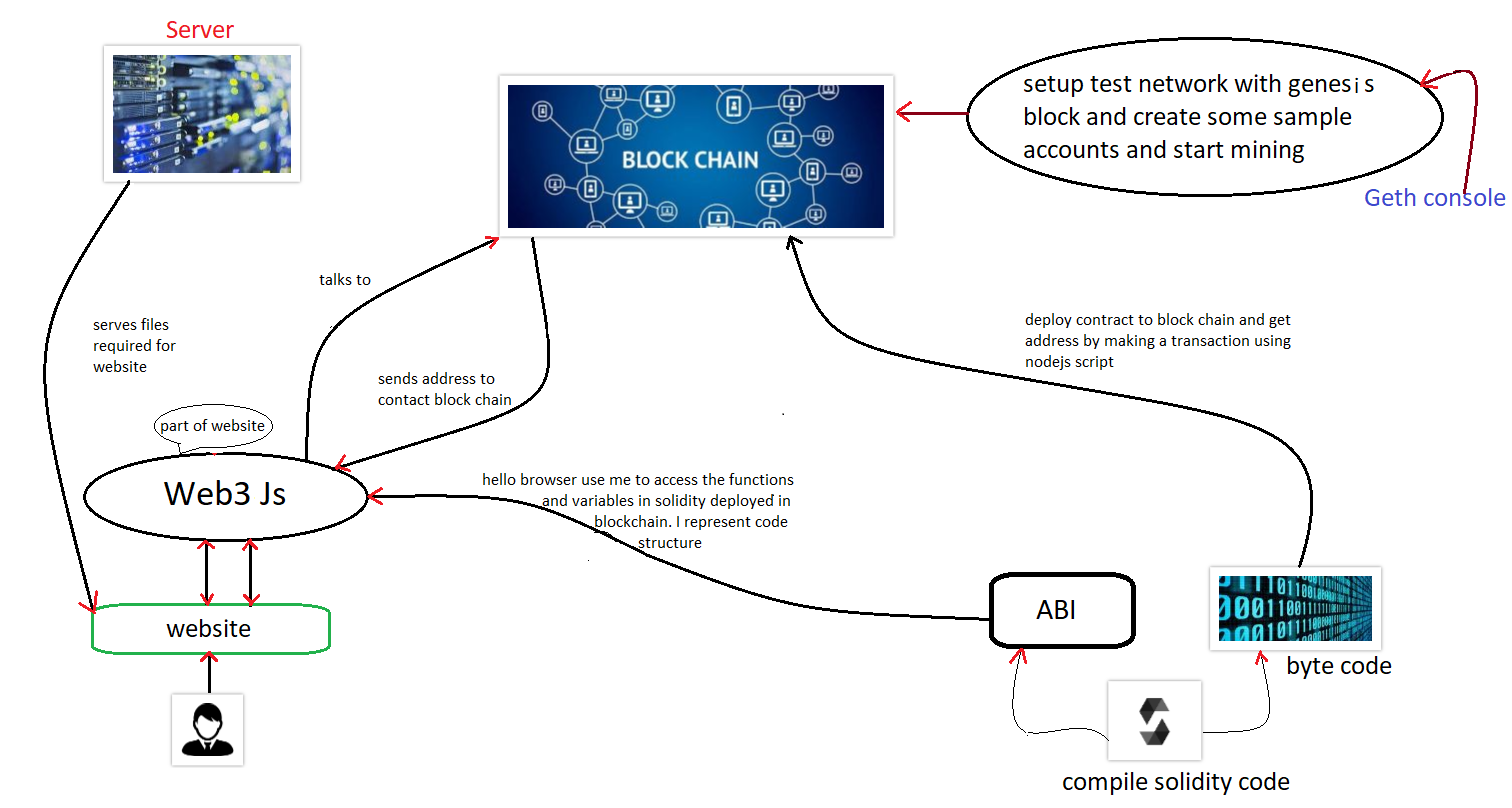

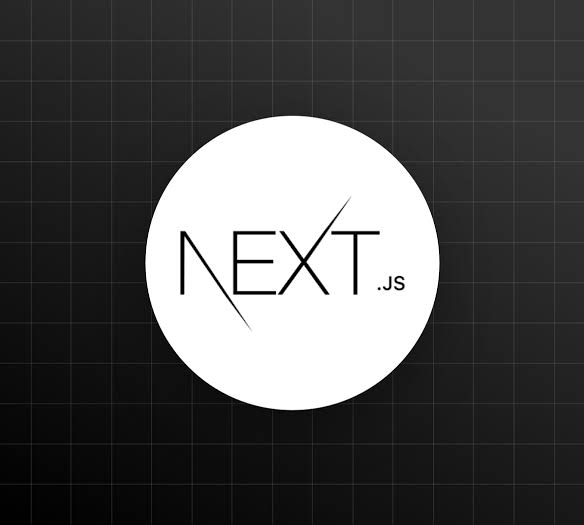

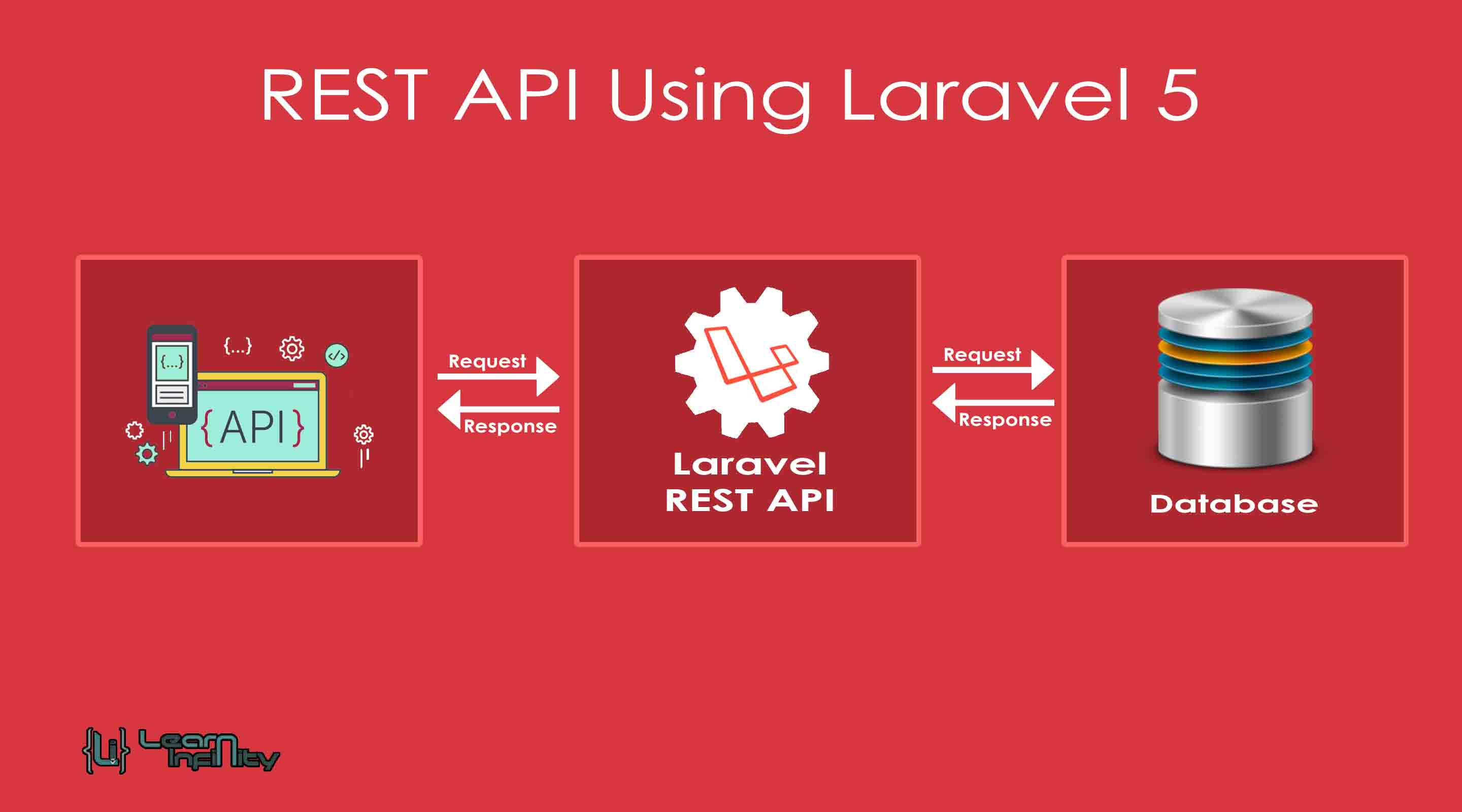
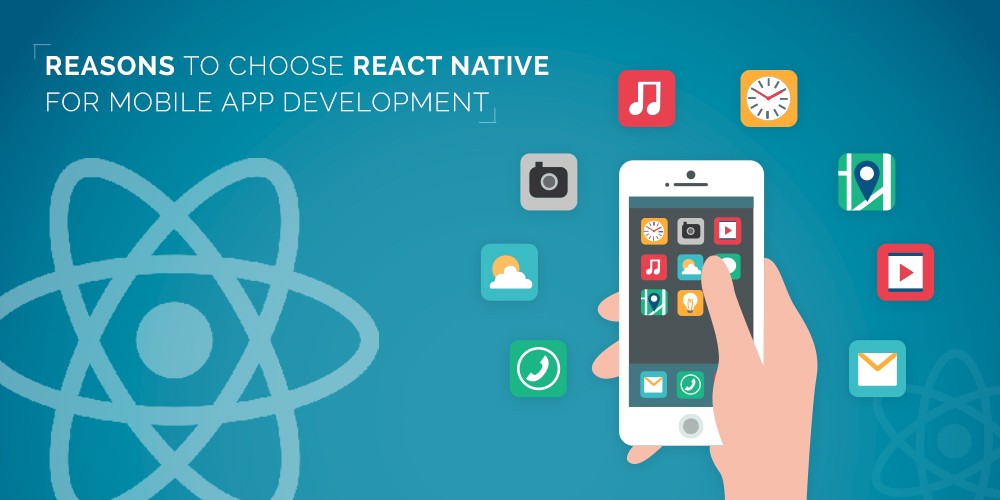



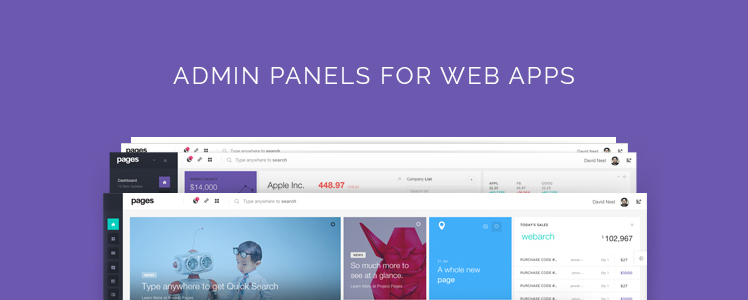

Comments are Turned Off for Now